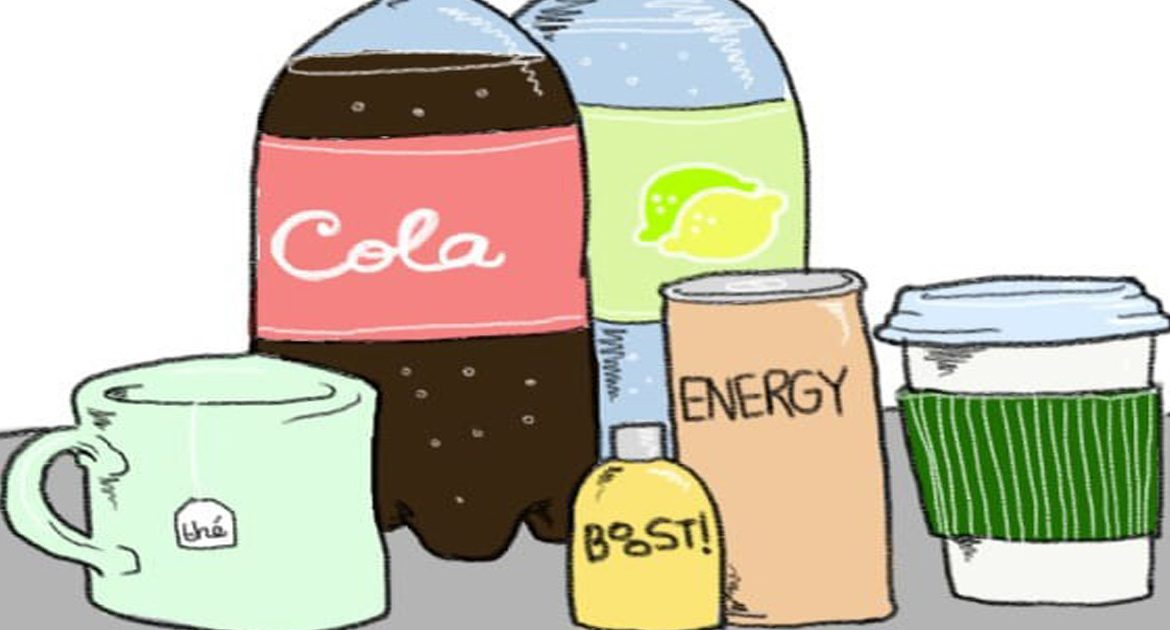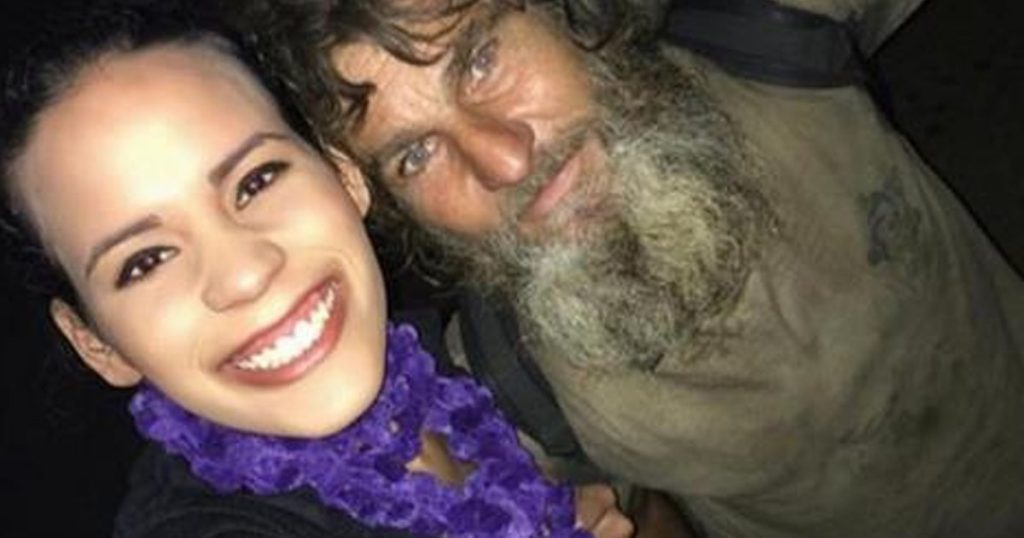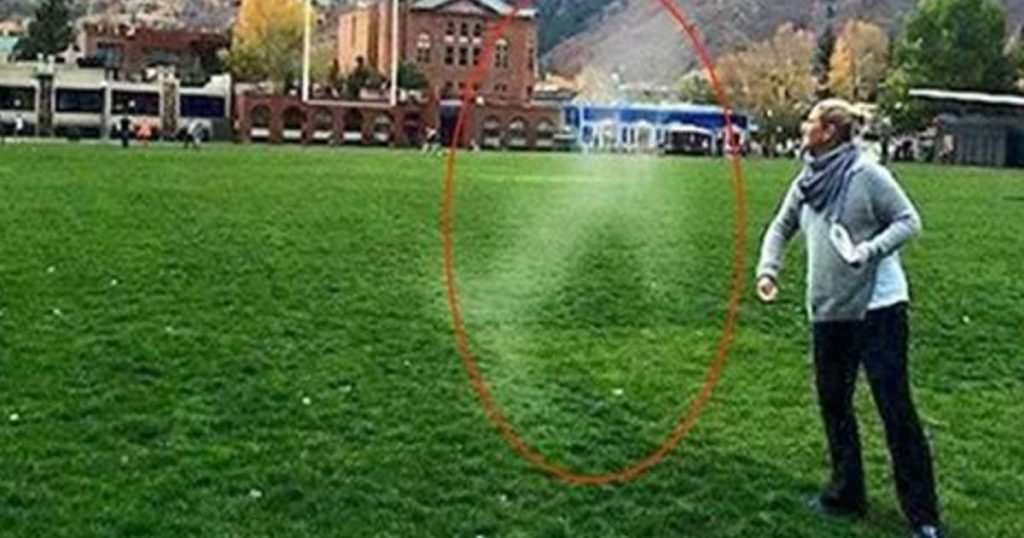We all gets the jitters from coffee occasionally, but did you know it’s actually possible to have a caffeine overdose?
Tragically, the topic of caffeine overdose is on a lot of people’s minds at the moment, after the devastating death of a teen from South Carolina this past week.
Davis Allen Cripe, just 16 years old, passed away from a cardiac event after consuming several caffeinated drinks in just a few hours, according to CNN.
The high school student drank a caffe latte, a large iced Mountain Dew, and an energy drink during a two-hour period before suffering a cardiac arrhythmia at school. He was pronounced dead just an hour later.
Davis’s tragic death sheds a light on a problem that many parents and teens aren’t aware of.
Davis’s parent want their loss to help educate other parents about the serious dangers of caffeine overdose.
There’s a huge difference between one cup of coffee and a dangerous amount of caffeine, but it’s important that everyone know the signs.
What Is Caffeine?
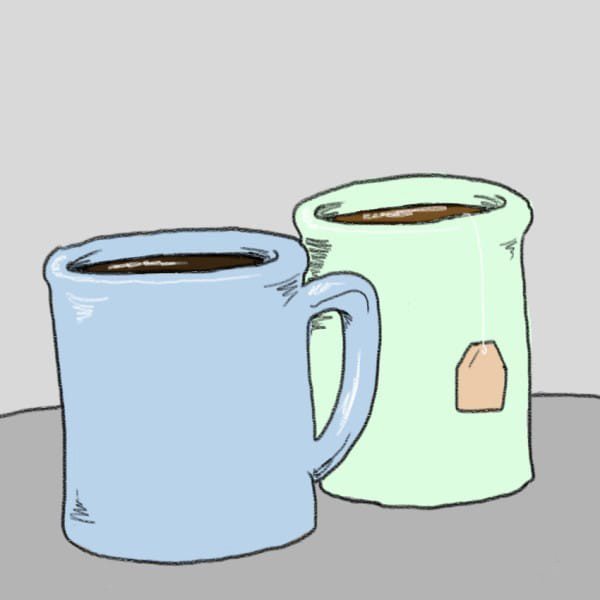
Caffeine is a naturally-occurring stimulant and psychoactive substance that is produced by lots of plants.
Technically, it is a drug, but a thoroughly legal one.
Probably the two most famous examples of caffeine-producing plants are the coffee bean and the tea leaf, which are both products of caffeine-producing plants that are enjoyed by humans worldwide.
According to the New York Times, people worldwide drink roughly 26,000 cups of coffee per second!
What Does Caffeine Do To Your Brain?
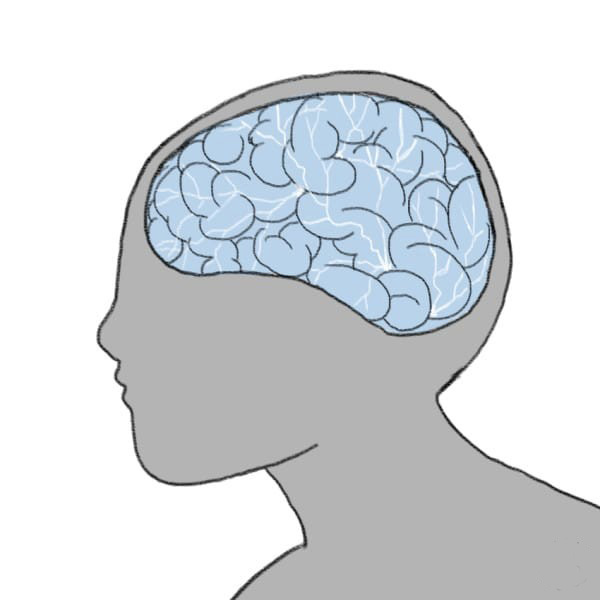
Most people drink caffeine as a morning beverage, because it helps you shake off that sleepy, early-morning feeling.
Caffeine works by traveling up to your brain, and tricking your brain into thinking that it’s better-rested than it really is.
According to Forbes, the caffeine chemical does a great job of imitating adenosine, which is the chemical that tells your brain you are tired and ready for sleep. Basically, once the caffeine shows up, your brain does not detect adenosine, so your nerve activity does not slow down.
What Does Caffeine Do To Your Body?
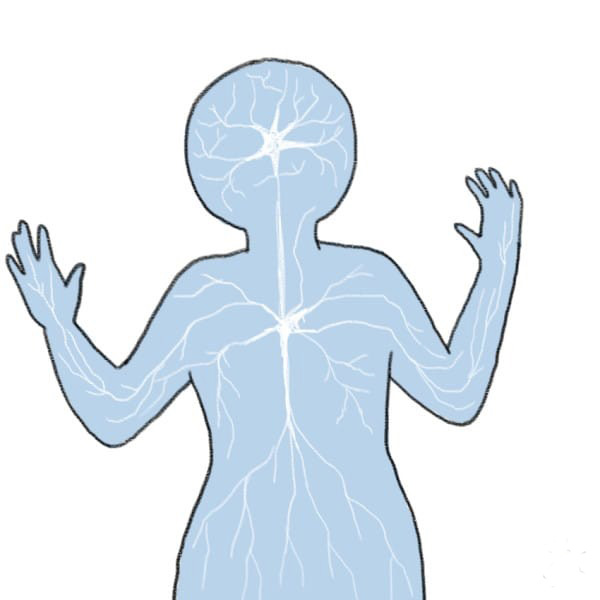
Technically, the caffeine chemical only impacts your brain, but it has a ripple effect through the rest of your body.
The activity in your brain stimulates the nervous system, firing up every nerve in the body, and releasing adrenaline.
In the short term, that means that your heart is pumping faster, and blood is circulating faster through your body, according to the Scientific American.
How Much Caffeine Is Too Much?
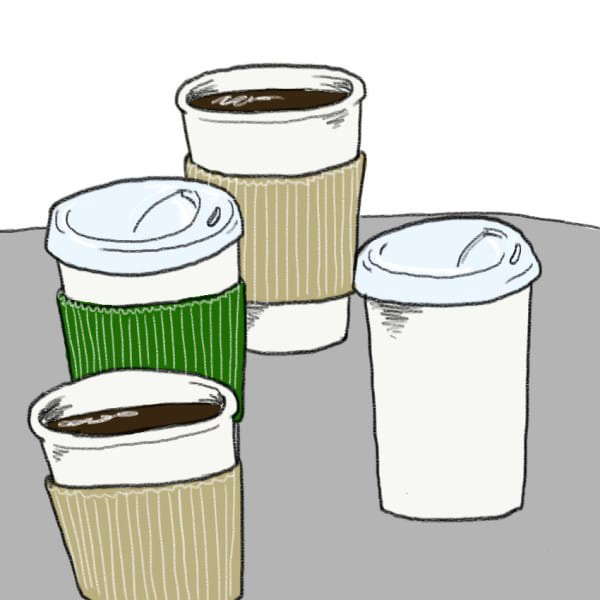
Experts all agree that a small amount of caffeine isn’t harmful.
The Mayo Clinic notes that some early research might actually link moderate amounts of caffeine to better heart health.
Still, there’s a line. In general, an adult should drink no more than 4 cups of coffee a day, and should preferably stay around 2 cups, according to the Washington Post.
Energy drinks and other sources of caffeine are harder to measure, but if the drink lists the amount of caffeine, don’t exceed 400 milligrams of caffeine.
The CDC also notes that teenagers should not exceed 100 milligrams, and younger children should not drink caffeine at all.
What Are The Symptoms Of Caffeine Overdose?
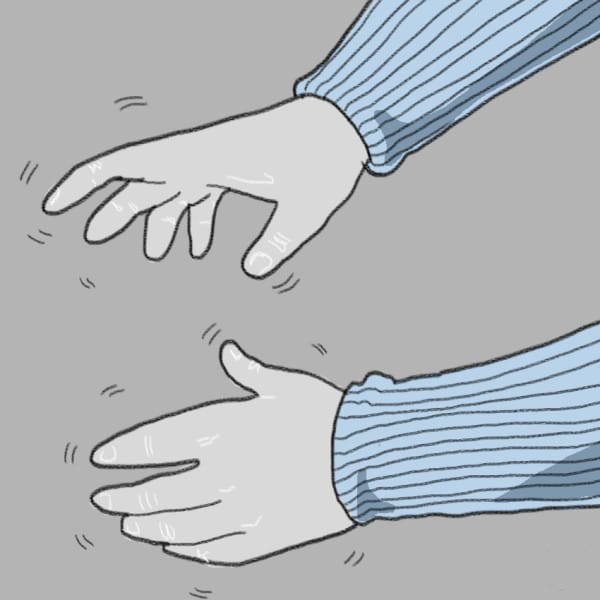
Most of us know what it feels like when you’ve had a bit too much coffee.
The first symptom is a jittery, nervous sensation, according to the FDA.
You might experience shaky hands or trigger reflexes, and the trembly sensation may be accompanied by feelings of anxiety.
Caffeine Overdose #2: Dizziness & Nausea
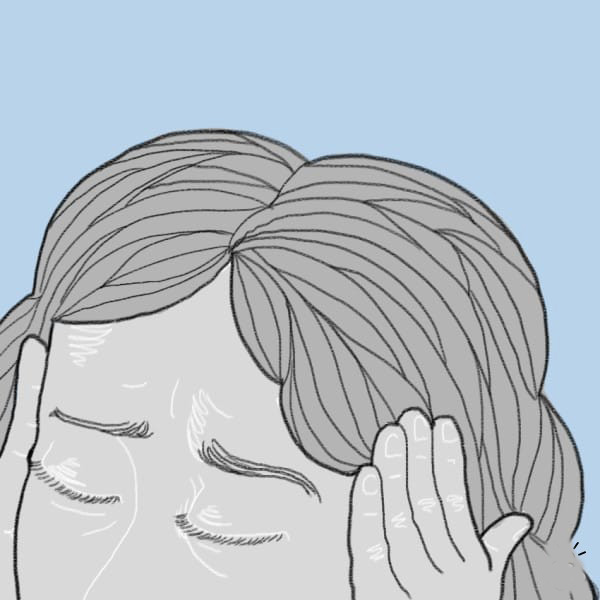
The Palmetto Poison Center issued a statement shortly after the death of Davis Allen Cripe, noting the possibly dangers of excessive caffeine consumption.
They are quick to note that dizziness, nausea, diarrhea, and seizures can all occur in cases where too much caffeine is taken in.
Caffeine stimulates the colon and digestive tract, according to the Washington Post, leading to unpleasant digestive symptoms.
Caffeine Overdose #3: Insomnia

It’s common sense to stop drinking coffee in the afternoon, because you don’t want that stimulating effect to keep you up when you try to get to sleep at night.
Even one cup of coffee too late in the day can keep you awake, and excessive coffee might even stay in your body for hours.
According to Forbes, caffeine may take as much as 24 hours to fully work its way out of your system.
Caffeine Overdose #4: Elevated Heart Rate & Palpitations

We mentioned earlier that caffeine stimulates your heart rate, and this is where the substance gets truly dangerous.
For most people, the high heart rate associated with caffeine isn’t deadly, according to the New York Times.
Even heart palpitations (irregular beats) are unlikely to hurt people without preexisting conditions.
However, for people who have heart abnormalities or conditions, or people who take massive amounts of caffeine in the form of pills, the heart stimulation can actually trigger cardiac arrest and lead to death.
How Much Caffeine Is In Your Favorite Drinks?
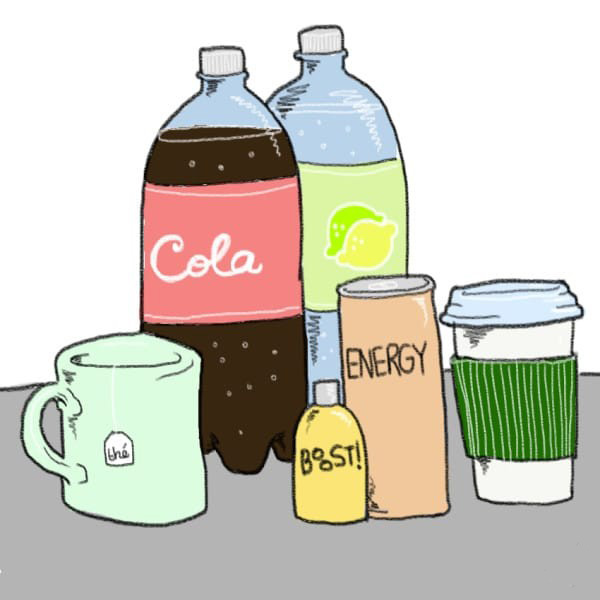
Different kinds of caffeinated beverages contain different amounts of caffeine, according to the National Institutes of Health.
An 8 oz. black tea contains 14-70 milligrams of caffeine.
An 8 oz. cup of coffee has about 95-200 milligrams of caffeine.
An energy shot contains 200 milligrams of caffeine.
Generic caffeine tablets contain 200 milligrams of caffeine and can be consumed excessively.
What Should You Do If You Suspect A Caffeine Overdose?
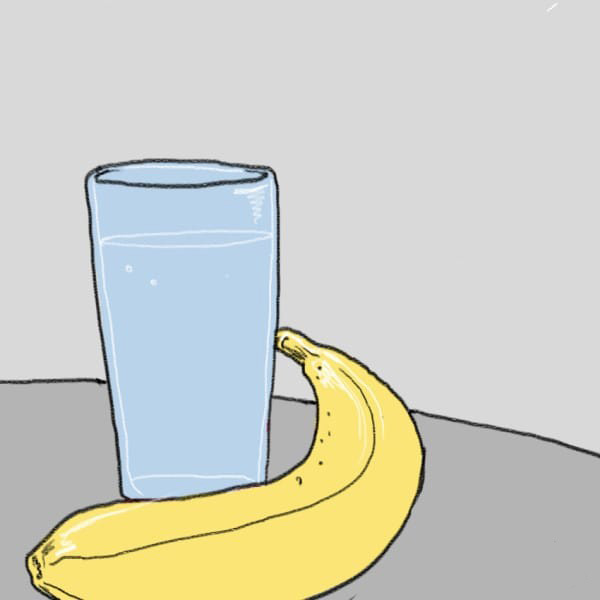
If you have a mild caffeine overdose, with nothing more than shaky hands and jittery feelings, you should be able to treat it yourself by simply allowing the substance to wear off, according to NPR.
Stay hydrated and abstain from coffee for at least 48 hours to get it out of your system.
Meanwhile, if you suspect a severe caffeine overdose in yourself or someone else, get emergency medical attention immediately.
A doctor may be able to administer charcoal to bring the caffeine up, and will be able to monitor heart rate to watch out for any dangerous abnormalities.
If you know someone who overindulges in caffeine, be sure to Liked Video this important information and spread the word about the danger!
